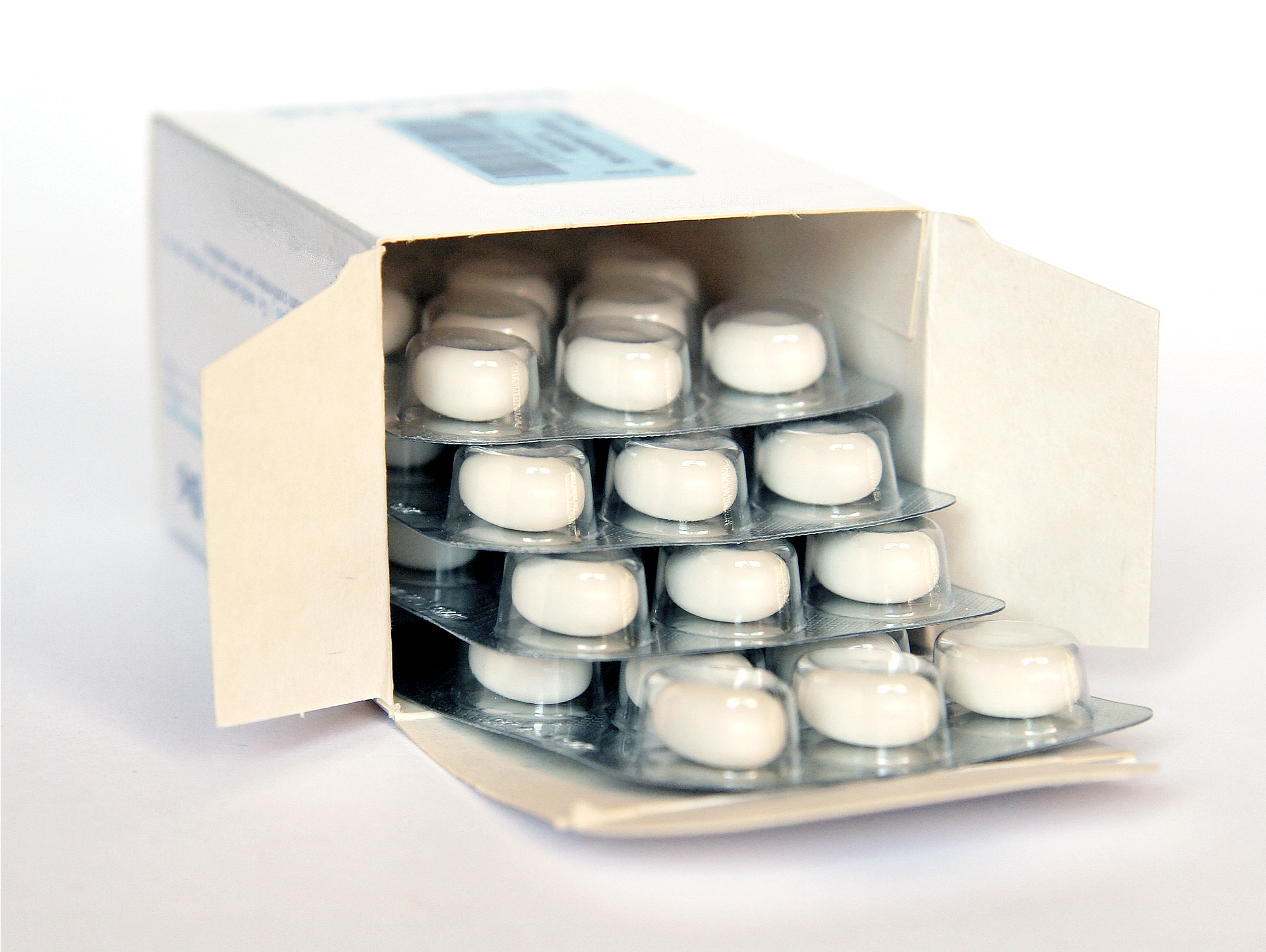
WEDNESDAY, March 24 (HealthDay News) — Women who consume high levels of trans fats have a 48 percent increased risk of endometriosis, while those who eat diets rich in omega-3 oils are 22 percent less likely to develop the condition, a new study finds.
In endometriosis, pieces of the womb lining (endometrium) are found outside of the womb. Some women experience no symptoms, but many suffer severe pain. The condition, which can lead to infertility, affects about 10 percent of women. Treatments include pain medication, hormone drugs or surgery.
In this study, researchers analyzed dietary and other data from almost 71,000 women enrolled in the U.S. Nurses Health Study. Over 12 years of follow-up, 1,199 participants were diagnosed with endometriosis. The researchers said their results suggest that diet may be an important factor in the development of the condition.
The study is published March 24 in the journal Human Reproduction.
“Millions of women worldwide suffer from endometriosis. Many women have been searching for something they can actually do for themselves, or their daughters, to reduce the risk of developing the disease, and these findings suggest that dietary changes may be something they can do,” study leader Dr. Stacey Missmer, an assistant professor of obstetrics, gynecology and reproductive biology at Brigham and Women’s Hospital and Harvard Medical School in Boston, said in a news release.
“The results need to be confirmed by further research, but this study gives us a strong indication that we’re on the right track in identifying food rich in omega-3 oils as protective for endometriosis and trans fats as detrimental,” she said.
Long-chain omega-3 fatty acids, which have been linked to reduced heart disease risk, are found mostly in oily fish. Trans fats, which increase heart disease risk, are used in thousands of processed foods.
More information
The National Women’s Health Information Center has more about endometriosis.

